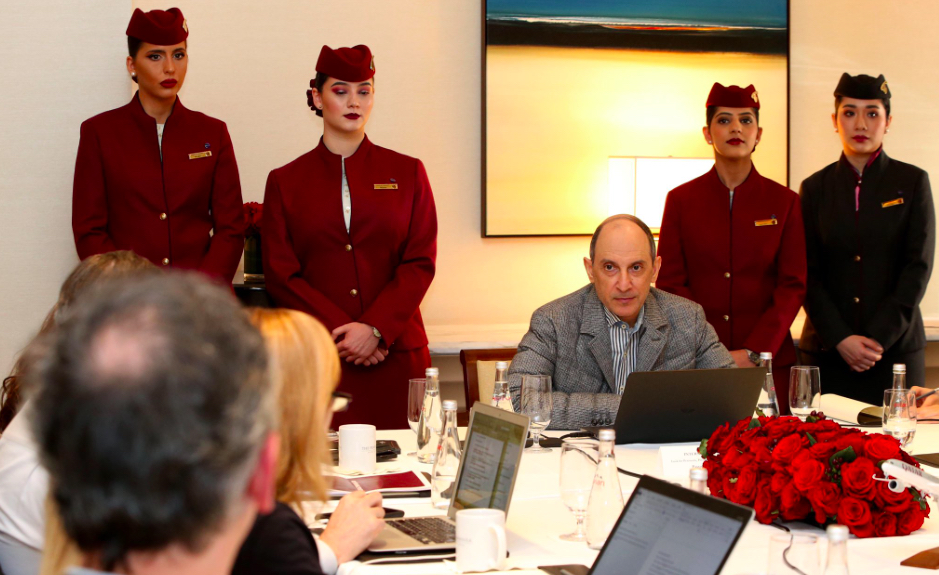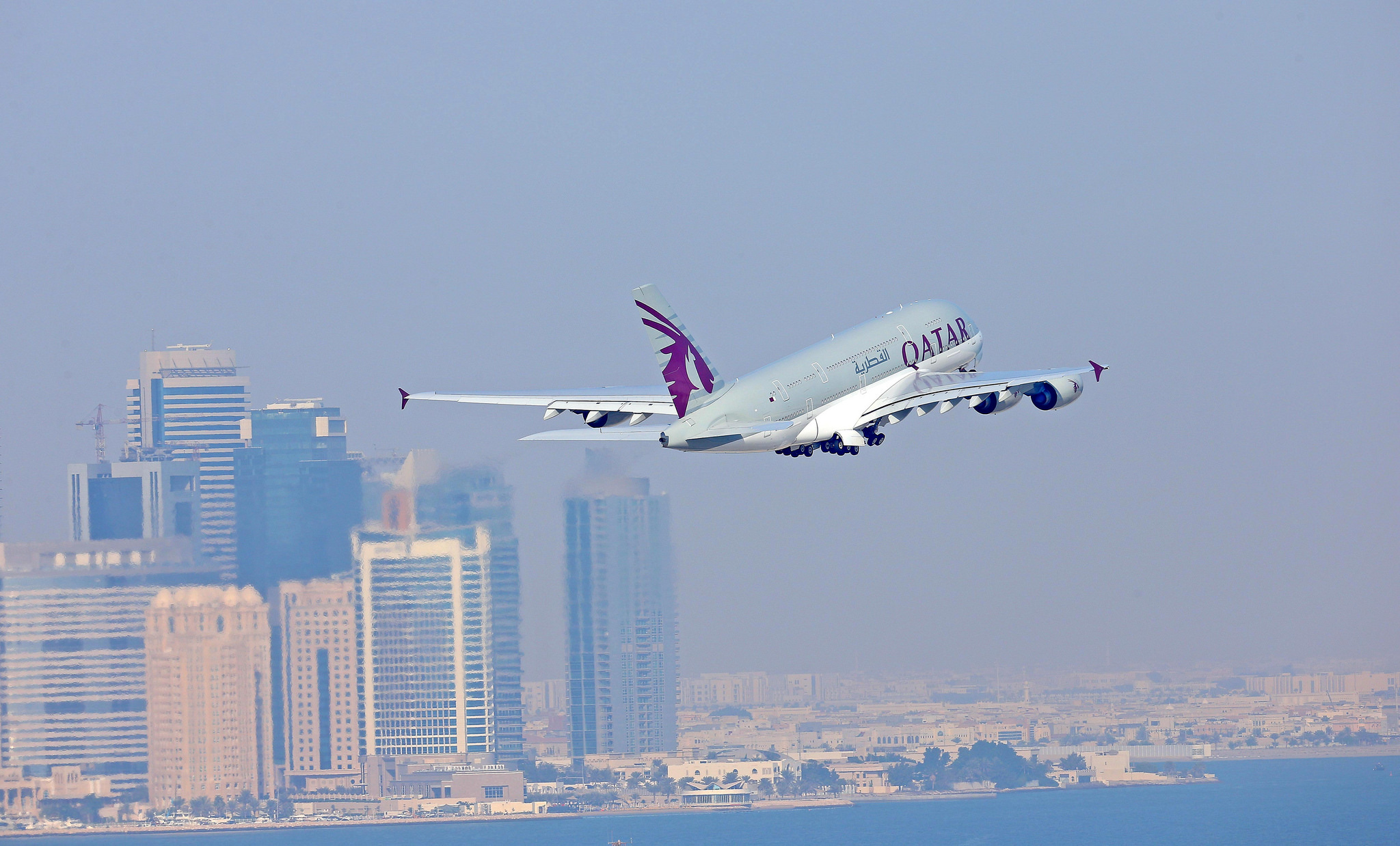
In what has been described as a “landmark” announcement, the small Persian Gulf State of Qatar is to make “sweeping” reforms to its labour laws including finally ending the highly controversial Kafala system. The old Kafala rules forced workers to seek permission from their employers before changing jobs and expat workers had to obtain a licence to leave the country – whether for a short holiday or when wanting to leave their job.
Human rights organisations and NGO’s have previously been highly critical of the “abusive” Kafala system because it forced workers – many of whom are unskilled migrant workers with little legal protection – to stay in jobs where they were unhappy. In many occasions, workers could not return home and faced being criminalised for trying to “abscond”.

But if Qatar’s decision to abolish the Kafala system sounds all too familiar then you wouldn’t be wrong. Back in September 2018, Qatar announced major changes to the system, allowing expat workers to leave the country without first getting the permission of their employer for the very first time.
The move was lauded by Human Rights Watch who said the reforms marked a “significant step in upholding the fundamental rights of migrant workers in Qatar”. But a year later, the same organisation claimed the Kafala system still gave “employers excessive control… including the power to deny them (workers) the right to leave the country or change jobs.”
As Stephen Cockburn of Amnesty International said a couple of days ago:
“The devil will be in the detail. Far too often workers have continued to face exploitation and abuse despite reforms intended to protect them.”
One of the big caveats of last year’s reforms was the fact that the new rules didn’t include government employees – or for that matter, any employee of an organisation owned by the Qatari government. That meant, that even cabin crew at the government-owned Qatar Airways still had to seek permission from their employer to get a new job or leave the country.

As just one example, a short time after the reforms were introduced an expat member of cabin crew at Qatar Airways told us how she had been locked in her accommodation after the airline refused to let her resign. Her passport had been confiscated while the airline investigated what they perceived to be a breach of their draconian social media policy.
Only after an international non-governmental organisation got involved was the cabin crew eventually allowed to leave the country.
But with the latest reforms, this type of situation should no longer be possible. The International Labour Office, which has a permanent office in Doha to oversee Qatar’s labour reforms, said the Council of Ministers of the State of Qatar had “unanimously endorsed new legislation allowing workers to change employers freely.”
“Qatar is changing,” explained Sharan Burrow, General Secretary of the International Trade Union Confederation. “The new tranche of laws will bring an end to kafala and put in place a modern industrial relations system,” she continued.

Qatar has been keen to make reforms in the run-up to the soccer World Cup due to be held in the country in just over two years time. Human rights groups have shone the spotlight on abuse of migrant workers who have been building the stadiums and infrastructure for the controversial tournament.
In just one study, it’s claimed that 1,300 Nepali workers died from heat exposure while working in Qatar between 2009 and 2017. In response to the allegations, Qatar’s government communications office said the country had “worked relentlessly for years with various international organizations to ensure the wellbeing and safety of all workers.”
“We hope this time will be different, and that Qatar can truly transform its labour laws to fully respect the rights of its migrant workers,” said Amnesty’s Stephen Cockburn.
Mateusz Maszczynski honed his skills as an international flight attendant at the most prominent airline in the Middle East and has been flying ever since... most recently for a well known European airline. Matt is passionate about the aviation industry and has become an expert in passenger experience and human-centric stories. Always keeping an ear close to the ground, Matt's industry insights, analysis and news coverage is frequently relied upon by some of the biggest names in journalism.







